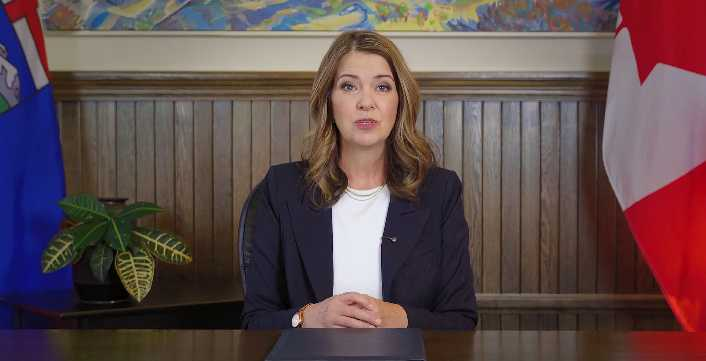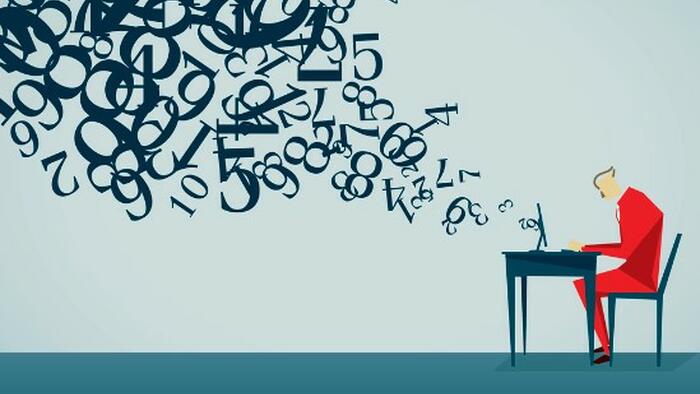
Trust The "Science"...That Just Retracted 11,000 "Peer Reviewed" Papers
It's yet another reminder of why blindly 'trusting the science' may not always be the best go-to move in the future.
217 year old Wiley science publisher has reportedly "peer reviewed" more than 11,000 papers that were determined to be fake without ever noticing. The papers were referred to as "naked gobbledygook sandwiches", Australian blogger Jo Nova wrote on her blog last week.
"It’s not just a scam, it’s an industry," she said. "Who knew, academic journals were a $30 billion dollar industry?"
...
https://www.zerohedge.com/markets/trust-sciencethat-just-retracted-11000-peer-reviewed-papers
According to Nova's post, professional cheating services are employing AI to craft seemingly "original" academic papers by shuffling around words. For instance, terms like "breast cancer" morphed into "bosom peril," and a "naïve Bayes" classifier turns into "gullible Bayes."
No Excavations Done Yet at Kamloops Residential School as First Nation Provides Update on ‘Complex’ Investigation
"I am honoured to speak directly with Albertans about the road ahead for our province, the choices we face together, and how you will have the final say in shaping Alberta’s future within a strong and united Canada."
https://x.com/ABDanielleSmith/status/2024661280163058030

















